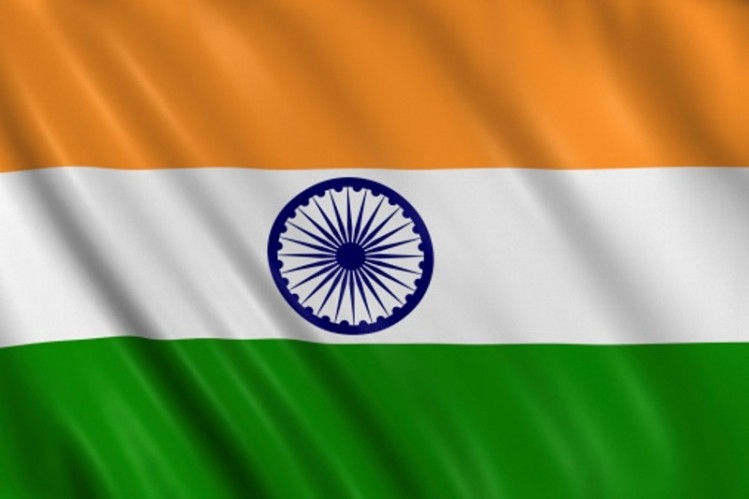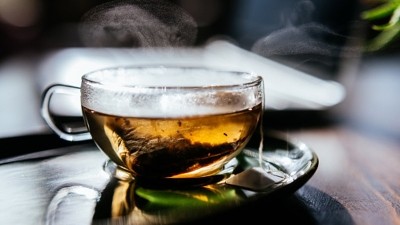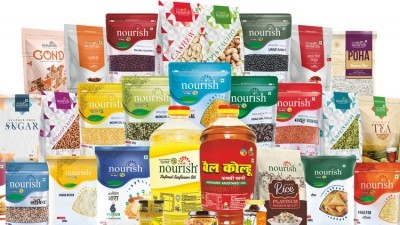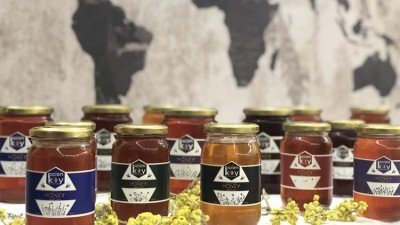India Focus: Unilever India, consumers' dark chocolate preference, FSSAI traceability mandate for vegan approval and more feature in our round-up

Commodity concerns: Unilever India highlights tea rebound and health foods innovation to battle inflation challenges
Unilever’s major subsidiary in India Hindustan Unilever Limited (HUL) has highlighted a renewed focus on its tea and health foods portfolios in order to counter continuing inflation challenges faced in the country.
HUL recently announced its Q2 FY2022 financial results and revealed healthy overall growth including net profits of INR 22.9bn (US$ 290mn), an 11% growth year-on-year; as well as an EBITDA margin of 23.2% - but a lot of the discussion was focused on the inflationary challenges the company is currently facing.
According to HUL CEO and Managing Director Sanjiv Mehta, various key commodities that HUL uses to make its products and packaging including barley, palm oil and polyethylene are all experiencing record-breaking inflation.
Choc-full: More consumers in India choosing dark over milk chocolate products
Indian consumers are increasingly leaning toward dark chocolate due to higher awareness of its benefits, according to the founder of the country’s D2C hot chocolate beverage firm Tiggle, Anuva Kakkar.
For instance, the brand’s dark chocolate beverage has remained top-selling despite being paired with a conventional chocolate version during the launch in November 2020. In addition, 90% of its sales comprise dark chocolate-based beverages during the first six months of the brand’s existence. The balance of 10% is made of conventional chocolate.
“The West treats hot chocolate or hot cacao as something equating to mindfulness. For instance, they have it say after their yoga session. I don’t think that’s the case in India. Indian consumers prefer to drink hot chocolate when they are stressed, having their menstruation or done with their work, closing their laptops and want to relax,” observed Kakkar.
Verifying vegan integrity: India mandates traceability as key criterion for firms to obtain regulatory approval
The Food Safety and Standards Authority India (FSSAI) has specified supply chain traceability up to the manufacturer level as a key criterion for food firms manufacturing vegan products to obtain the relevant regulatory permissions.
Earlier this year, the agency implemented the enforcement of new vegan regulations with immediate effect but with an interesting addition, which was the mandating of traceability within the production value chain of all foods and beverages looking to make the vegan claim.
“There shall be traceability established up to the manufacturer level, and the [relevant food firm] shall comply with any other requirements specified by the Food Authority to maintain the vegan integrity of the foods or food ingredients or products,” FSSAI CEO Arun Singhal said via a formal statement.
Complex counterfeits: Alcohol poisoning and edible oil fraud cases soar in India
India has seen a renewed spate of food and beverage counterfeit cases in the past few months, particularly involving alcohol and edible oil, leading experts to urge the government and industry to implement a technologically-advanced ‘all-around’ plan to tackle the problem.
India has been a hotspot for food and beverage adulteration cases over the past several years, covering a wide range of products from dairy to honey and more – and after the COVID-19 pandemic hit the region, alcohol emerged as the most vulnerable sector for counterfeits due to high demand and low enforcement, a situation that has not abated since its spike was detected last year.
“In India, alcohol is particularly prone to being targeted for counterfeits – both cheap and branded types of alcohols are always in high demand [and] the unique situation that the COVID-19 crisis created [resulted] in a mismatch of demand and supply,” Authentication Solution Providers’ Association (ASPA) Secretary Chander Shekhar Jeena told FoodNavigator-Asia.
‘Demonstrating quality’: MuscleBlaze develops test kit for consumers to verify protein powder authenticity
India sports nutrition company MuscleBlaze has developed and launched a test kit designed to detect the presence and amount of whey protein present in protein powder.
The test kit, currently only sold in India, is meant to help consumers verify protein powder authenticity at an affordable price without having to visit the lab.
Known as MB ProCheck, each test kit consists of a test tube and glass vial containing a patented test solution.












